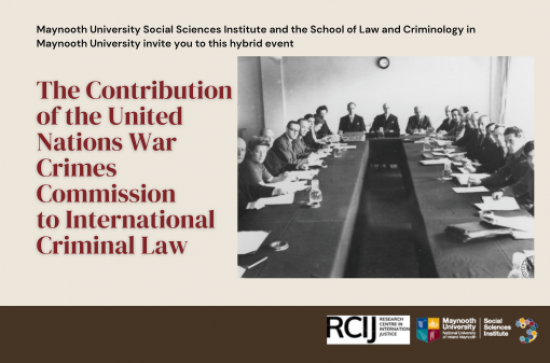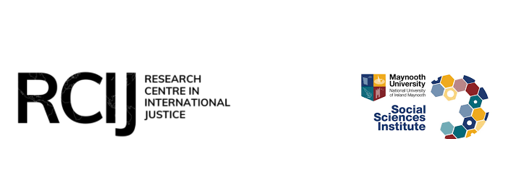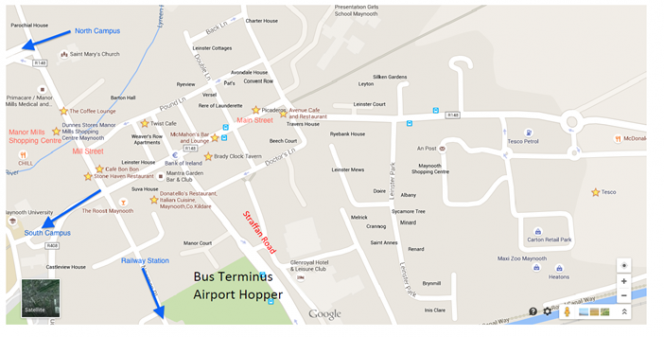

The UNWCC operated from 1943-48, was a UN agency that supported localised prosecutions of international crimes committed during the Second World War. The Commission was composed of representatives from 17 Allied States and through its work war crimes and crimes against humanity were prosecuted in tribunals located in Europe and the Far East. Over the course of its lifetime, more than 2000 trials took place. The work of the UNWCC gives an insight into substantive and procedural international criminal law in the post war period. Since 2017, the UNWCC Archives have been made available to the public online. However, analysis of the UNWCC and its work and its contribution to international criminal law, is often overlooked and under explored.
The event brings UNWCC experts and new scholars together to explore the contribution of the work of the UNWCC to contemporary international criminal law. The keynote presenters are: Professor Dan Plesch (SOAS, University of London), Professor Andrew Williams (University of Warwick, UK) and Dr Dominika Uckiewicz (Pilecki Institute, Warsaw). Such items to be addressed include (and are not limited to):
Watch back on the event here - https://www.youtube.com/watch?v=G5-aBsPmnls
- The influence (or potential influence) of the UNWCC to International Criminal Law.
- Lessons learned from the limitations and barriers faced by the UNWCC.
- The legal treatment of questions of immunity in the work and trials under the UNWCC.
- The prosecution of international crimes under the UNWCC framework.
- The right to a fair trial in UNWCC practice.
- The UNWCC as an early example of complementarity.
- The organisational structure of the UNWCC as an institution.
INDICATIVE PROGRAMME (all times are in GMT)
(Please note that the final programme will be emailed to registrants in advance of the workshop)
8.30-9.00am: Tea & Coffee
9.00-9.15: Welcome and opening remarks by Dr. Amina Adanan, Assistant Professor in Law in Maynooth University School of Law and Criminology.
Panel One: Keynote panel, chaired by Dr. Amina Adanan
9.15-9.30: Professor Dan Plesch (SOAS, University of London)- ‘Head of State Immunity in the files of the UNWCC: implications for bi-lateral prosecutions today’.
9.30-9.45: Professor Andrew Williams (University of Warwick, UK)- ‘The Myth of Fair Trial in International Criminal Justice’.
9.45-10.00: Dr Dominika Uckiewicz (Pilecki Institute, Warsaw)- ‘Victim-centred approach and GBV in the works of the UNWCC’.
10.00-10.30: Q&A/ discussion
10.30-10.45: Tea & Coffee
Panel Two: Chaired by Professor Dan Plesch
10.45-11.00: Stefan Radojčić (Law Faculty of the University of Novi Sad, Serbia)- ‘The role of the UNWCC in prosecuting former national leaders for international crimes’ (online presentation).
11.00-11.15: Dr Miguel Lemos (Faculty of Law, University of Coimbra, Portugal)- ‘The relevance of Hitler’s prosecution by the UNWCC for current debates about immunity of heads of state’.
11.15-11.30: Dr Carole Lyons (Carole Lyons, Law School RGU, Aberdeen, Scotland)- ‘The UNWCC and Corporate Criminal Responsibility: Lessons from the ‘Zyklon B’ Trials?’ (online presentation).
11.30- 12.00: Q&A/ discussion
12.00-13.00: Lunch
Panel Three: Chaired by Professor Andrew Williams
13.00-13.15: Dr. Amina Adanan- ‘The UNWCC and its (forgotten?) institutional legacy’.
13.15-13.30: Shadi Sadr, Leiden University- ‘The Contribution of the United Nations War Crimes Commission to International Criminal Law’ (online presentation).
13.30-13.45: Dr. Dawn Sedman (Nottingham Law School)- ‘I do not care for international law’: Fair Trial and the Defence of Superior Orders at the Australian Military Trials.
13.45- 14.15: Q&A/ discussion
14.15-14.30: Tea & Coffee
Panel Four: Chaired by Dr Dominika Uckiewicz
14.30-14.45: Dr Chid Nmaju (SOAS)- : ‘A Critical Review of the Failed Ethiopia UNWCC Efforts’.
14.45-15.00: Dr Clare Frances Moran (University of Aberdeen)- The Authority to Criminalise: Slavery and the UNWCC (online presentation).
15.00-15.15: Dr Federico Freydell Mesa (Universidad del Rosario, Colombia)- ‘Hippies in Nuremberg? Polish Deforestation as a Claim Against German Occupation and International Environmental Law’ (online presentation).
15.15-15.45: Q&A/ discussion
15.45-16.00: Closing remarks by Dr. Amina Adanan and end of workshop.
This event takes place in the MUSSI seminar room in Maynooth University in the Iontas Building on campus.
To register for this event, please click here.
For further information, please contact [email protected].
This event is organised by Dr Amina Adanan, Co-Director of the Research Centre in International Justice. The event is funded by the Maynooth University Social Sciences Institute and the School of Law and Criminology in Maynooth University.
INFORMATION ON TRAVELLING TO MAYNOOTH (please note that these are external websites)
Traveling to Maynooth from Dublin Airport and return:
The best transport option from Dublin Airport to Maynooth and return is the Airport Hopper, which can be booked here: https://airporthopper.ie/ It is well signposted in the airport but you would need to give yourself about 40minutes from landing to reaching the bus depending on your gate etc. The Airport Hopper is an hourly airport shuttle service from Dublin Airport to Maynooth. The airport hopper leaves Maynooth from the bus terminus, see image below. The Hopper takes about an hour, depending on traffic, to get from Maynooth to the Airport using the hopper and booking is advised.

Taxis to Maynooth are available outside the arrivals terminal in Dublin Airport. A taxi from Dublin Airport to Maynooth is approximately €85.
Accommodation in Maynooth:
Maynooth Campus Accommodation: https://maynoothcampus.com/bedrooms
Glenroyal Hotel: https://www.glenroyal.ie
There are also a range of Bed & Breakfast available in Maynooth, which you can find online.
Travelling to Maynooth from Dublin City:
Maynooth is well served by bus and rail.
For information on travelling to Maynooth from Dublin Connolly station by rail, please see: https://www.irishrail.ie/en-ie/ The train journey is approximately 45mins.
For information on travelling to Maynooth from Dublin City Centre by bus, please see: https://www.dublinbus.ie/home. The bus journey is approximately one hour.
